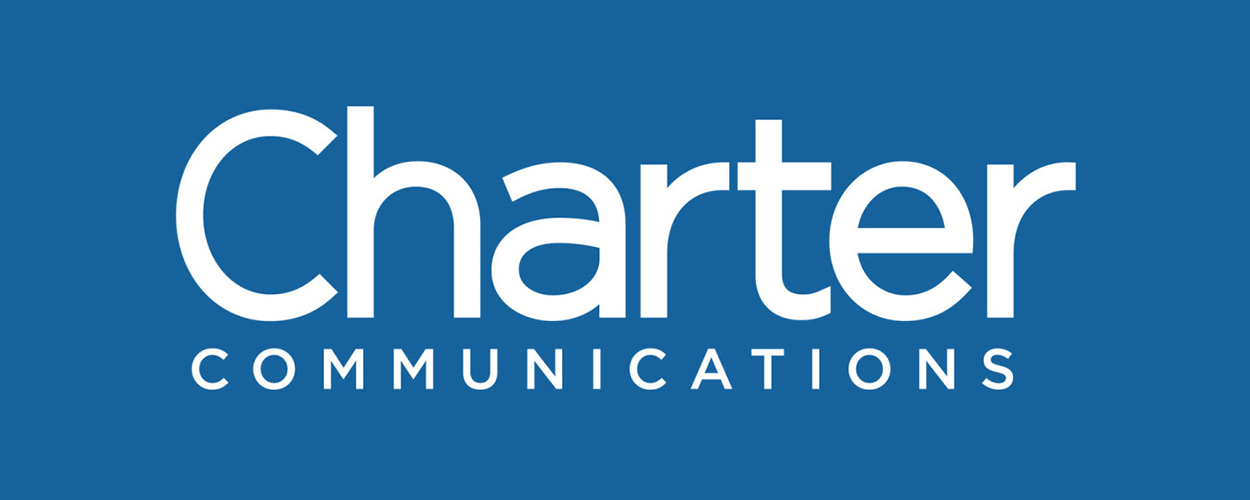This website uses cookies so that we can provide you with the best user experience possible. Cookie information is stored in your browser and performs functions such as recognising you when you return to our website and helping our team to understand which sections of the website you find most interesting and useful.
Business News Labels & Publishers Legal
Charter Communications accuses labels of flawed takedown demands as legal battle continues
By Chris Cooke | Published on Monday 23 March 2020

Accusing the US record industry of making misrepresentations in the takedowns it issues against the tech sector is seemingly in vogue. Charter Communications also made that claim in a legal filing last week as part of its ongoing copyright dispute with the record companies.
Charter is one of the American internet service providers fighting a big copyright lawsuit from the record companies. The labels accuse Charter – just like Cox, Grande and RCN – of having deliberately shoddy systems for dealing with infringement and repeat infringers on its networks. As a result, the labels go on, the ISP shouldn’t enjoy safe harbour protection under US copyright law, meaning it can be held liable for its users’ infringement. In Cox’s case, such liabilities resulted in that massive billion dollar damages bill.
The lawsuit against Charter continues to go through the motions. In a new legal filing last week, the ISP again presented most of the same old arguments that we’ve seen in all of these cases. But Charter also threw in its own claim that the labels have not been complying with their obligations when issuing takedown requests against the ISPs.
This allegation stems from a revision the labels made to their lawsuit earlier this year which included the removal of 450 songs and recordings from the list of works allegedly infringed by Charter’s customers.
The ISP argues that some of those works were removed because it turned out the major labels didn’t actually control the rights in them. Which means that the music companies should never have issued takedown requests in relation to those songs and recordings in the first place.
Charter’s lawsuit states: “Upon information and belief, during the ‘claim period’, the record company plaintiffs sent notices to Charter that contained inaccurate information, including … that the record company plaintiff on whose behalf the notice was sent owned or controlled the work, and that the actions alleged to have been taken by Charter’s subscribers constituted infringement of the record company plaintiff’s rights”.
“Charter is injured when it processes inaccurate notices”, it later adds, “causing it to forward false accusations to its subscribers, to the extent this creates tension with the impacted subscribers, negatively affects goodwill, and causes reputational harm to Charter”.
Although Charter is seeking damages over the record industry’s alleged failure to meet its legal obligations when sending takedown notices to the ISP, the net firm has another agenda. In all of these cases, the ISPs have sought to disparage the takedown requests the music industry sends and the agencies they use to manage the process.
The labels accuse the net firms of not doing enough to deal with repeat infringers among their customer bases. The ISPs counter that the label’s takedown notices can’t be trusted, making it difficult to identity genuine repeat infringers. So if Charter could win the argument on its misrepresentation point, it would be in a stronger position to counter the record industry’s bid to make it liable for its customers’ infringement.
Whether any of that works remains to be seen.





